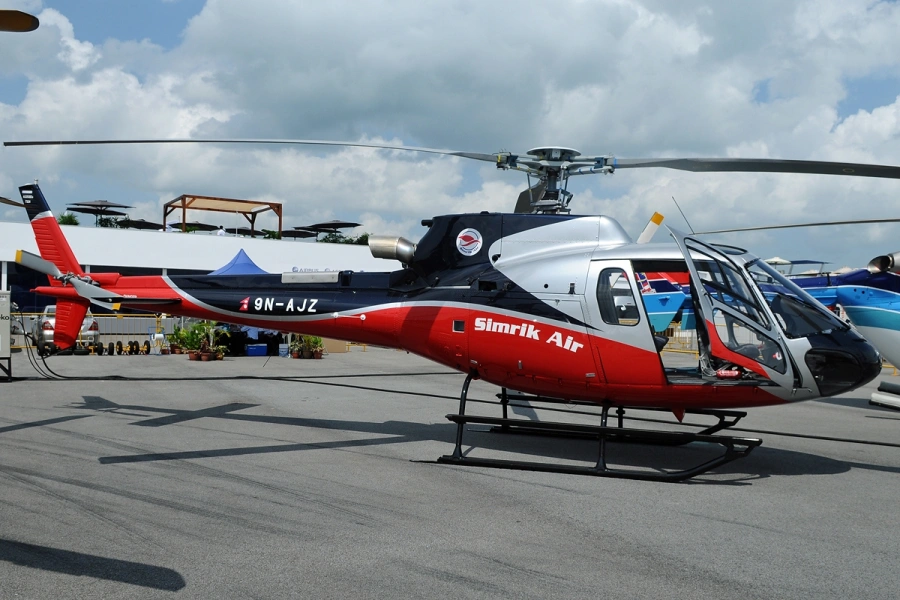We have heard the soul-pleasing rendition of Sarangi by the Gandharvas and observed Gurungs and Tamangs dancing to Ghatu and Selo beats. But the traces of how such folk music kept evolving with time proves as a landmark in preserving the cultures that are on the verge of extinction.
With the view to revive the rare musical pieces of Hakparey and how the folk music in Limbu community evolved, Raithane Music Team introduced its first ever Raithane Music series amidst a diverse crowd at Shilpee theater on Tuesday. Raithane is a group of musicians, researchers and critics actively involved in folk music. The group is working with an aim to increase the understanding of Nepal’s music cultures through musical concerts, research, presentation and interactions.
‘ASPHYXIA’ garnered appreciation at Shilpee Theatre

The event saw three Hakparey musical performances by Jhuma Limbu, Manu Nembang and Lokman Wanem on vocals. They collaboratively presented three different forms of Hakparey with an orchestra conducted by Parampara Band. The subtle and soothing fusion of murchunga, chyabrung, flute, cymbals, Sarangi and wooden and clay based percussion instruments well-complimented the Hakparey melody. Poet Bairagi Kainla and sociologist Chaitainya Subba graced the occasion by shedding lights on how Hakparey melody evolved over the generations since the early human civilization.
“Unlike songs accompanied by instruments today, the foundation of folk music lied on the essence of exchanging dialogues with each other dedicating to a specified number of audiences. Similarly, Hakparey and Palam melodies are a part of dialogue in itself that speaks of the culture and a way of living,” shared poet Bairagi Kainla.
“Hakparey dates back to ancient times as its traces could be found in ‘Mundhum’- the holy scripture of Kirat. Although sang as part of entertainment, Hakparey is performed in numerous rhythms and styles on both joyous and tragic occasions. Reflecting on the lyrics of these ancient tunes, it could be observed as a way of acquiring knowledge today,” asserted Subba.
Ancient musical cultures extensively require musical research and think tanks to preserve the nearly-extinct culture. As Raithane Music Team proceeds with this belief, they predict facing financial constraints to be able to continue with the series in the coming days. “We have initiated this move with a set of plans to go accordingly with the series. With the support that we have so far received, we hope to make it successful in the long-run,” expressed team leader and singer, Jhuma Limbu.





































